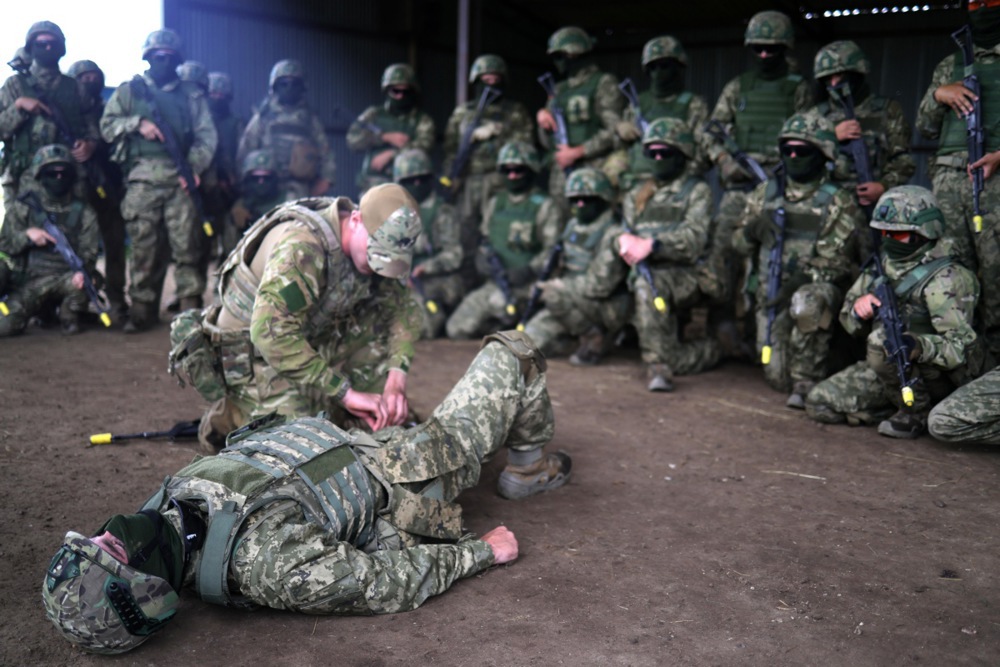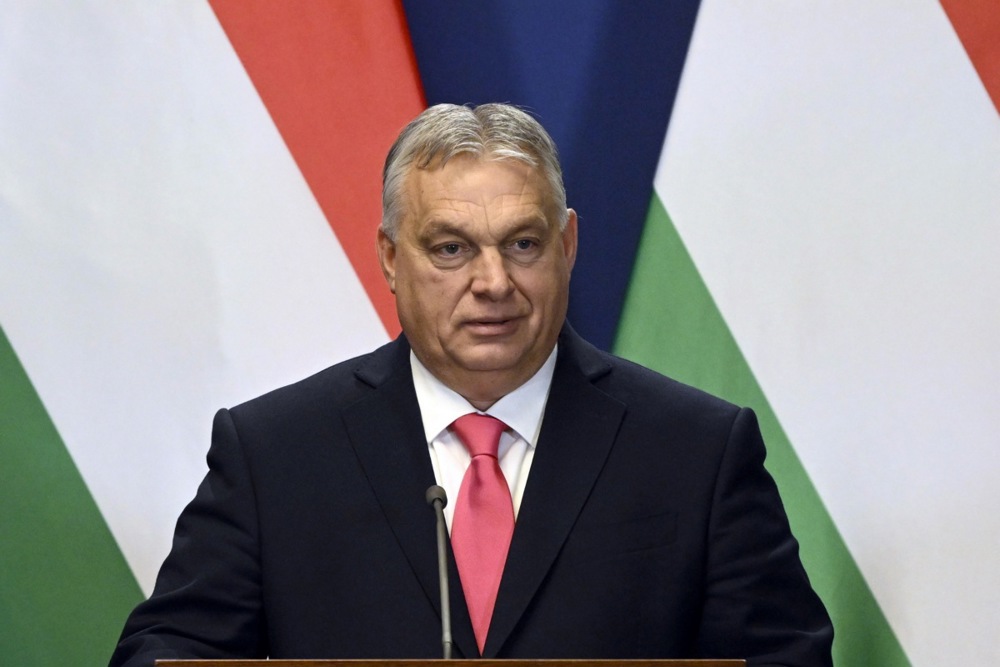A survey by the German ifo institute has shown that the longer the war in Ukraine lasts, the fewer Ukrainian refugees plan to return to their homeland.
According to the report published on October 18, close to 25 per cent of Ukrainian refugees in Europe indicated they do not want to return to their homeland in the long term.
“The longer the conflict lasts, the more people can imagine a future outside Ukraine,” said ifo migration researcher Yvonne Giesing.
The report — which was also co-authored by the Munich-based Kiel Institute for the World Economy and the Austrian Institute of Economic Research — said around 35 per cent wanted to return to Ukraine as soon as it was safe to do so.
Around 4 per cent of Ukrainian refugees planned to go back soon, regardless of the security situation in their country.
“Our results show that although many of the Ukrainians who have fled still want to return to their country, for the vast majority the course of the war is a decisive factor,” said Giesing.
When the war with Russia began, only 10 per cent of Ukrainian refugees indicated they planned to settle permanently abroad.
This number grew slowly throughout 2023, increasing by around 2 per cent every few months. Initially, almost 60 per cent of refugees said they were eager to return home as soon as safety allowed.
As the conflict dragged on, this desire for immediate return dropped significantly, falling by about 5 per cent every few months.
Between mid-2022 and mid-2023, research tracked the emotional well-being of Ukrainian women refugees and found their mental health generally improved over time. Those who were financially secure before the war tended to recover faster emotionally than those who were not.
Ukrainian women in Germany reported a lower sense of well-being when worried about their finances, health, or family members — although learning German and finding work helped boost their emotional recovery.
Studies comparing attitudes in Germany and Poland revealed different views on informal employment.
Refugees considered working off-the-books less acceptable in their host countries than they did back home. The report did not reveal how common informal work actually was.
A link between the value of their jobs and their willingness to return home was also identified.
In Poland, the arrival of Ukrainian refugees has triggered a wave of business start-ups there, contributing to economic growth, job creation and investment.
Instead of driving away local business owners, Ukrainian-owned enterprises have encouraged Polish companies to start more enterprises, the ifo assessment found.
It said that was a striking illustration of how refugee entrepreneurship could foster economic development, as was the situation with Ukrainian refugees in Poland.
In Czechia, the job market was not particularly disrupted by Ukrainian arrivals. Strong labour demand and worker shortages in key sectors helped the country smoothly integrate them into the workforce, with no noticeable effect on local employment levels or unemployment rates in the immediate term.
In Denmark, Ukrainian refugees initially found jobs more quickly than previous refugee groups, although, after one year, their employment rates matched those of other male refugees from elsewhere.
The ifo researchers said the impact of trauma was a”key factor often overlooked in understanding refugee employment challenges”.
Another identified key obstacle to labour market integration was uncertainty about residence status, they found.





